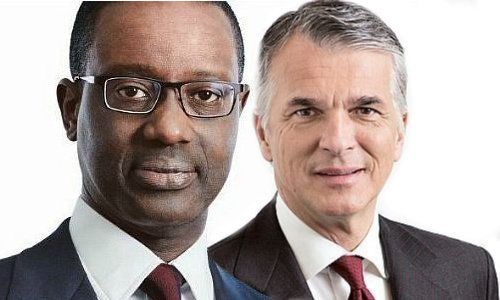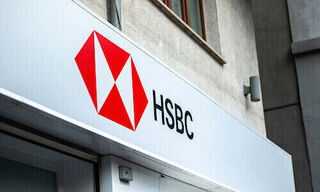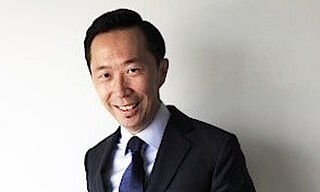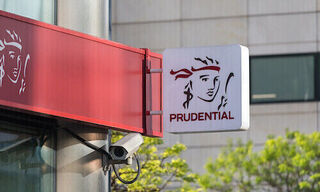Executive Pay: Credit Suisse vs UBS
4. Sideways Bonus Pool
Overall bonus pools at both banks didn't budge much: UBS' shrank 1 percent to $3.1 billion, while Credit Suisse's held steady at 3.19 billion francs.
But those awarded bonuses at the smaller bank were better off: their ranks fell, but that of UBS rose more than 13 percent to a total of 51,819 employees.
5. UBS: Risk Pays
The bank's so-called material risk-takers are usually mired in some mystery: Credit Suisse and UBS both have them but don't disclose who they are or what defines them.
Last year, UBS classified 675 bankers as risk-takers, while the smaller bank said it had 1,003 such employees. The sharply higher number at Credit Suisse as well as its rise on the year would seem to indicate the bank is taking more risks.
That's not the case, Credit Suisse argues: instead of primarily in its investment bank, the risk-takers are now increasingly part of private banking, asset management, and control jobs like compliance.
In pay terms, it makes more sense to be a risk-taker at UBS, where pay averaged $1.9 million. At Credit Suisse, risk-takers averaged just 1.5 million francs.
6. Rolling in Stock
Both CEOs are heavily invested in their respective banks, both through awards from UBS and Credit Suisse as well as their own spending. Ermotti, in particular, has made it a point of pride to bulk up, and Thiam followed suit last year.
Ermotti, at UBS for nearly eight years now, is the equity king with 3.5 million shares. This translates to nearly 0.2 percent of voting rights in UBS if all the shares vest. He will earn 1.2 million francs in dividends on the stock this year.
Thiam hasn’t been with Credit Suisse as long as his counterpart at UBS. The Credit Suisse boss owns more than 1 million shares in Credit Suisse, some of which are still locked up.
The dividend on the stock he owns outright is shy of 17,000 francs this year – pocket change compared to Ermotti’s payout of more than 1.2 million francs on his UBS stock for 2018.
7. What About the Share Price?
Credit Suisse and UBS both bemoaned their respective poor share prices in their annual reports, as well as highlighting the link between stock performance and pay. Both banks have sophisticated bonus instruments which tie into the stock market.
One-third of Thiam's long-term bonus is measured by share price (compared to a group of 18 other banks) and to one-third by the development of Credit Suisse's book value.
Because Thiam has a larger portion of stock coming, the Credit Suisse share price is eminently important. The same is true of Ermotti, who owns 1.7 million unvested shares (Thiam has 990,000 shares still locked up).
- << Back
- Page 2 of 2




























